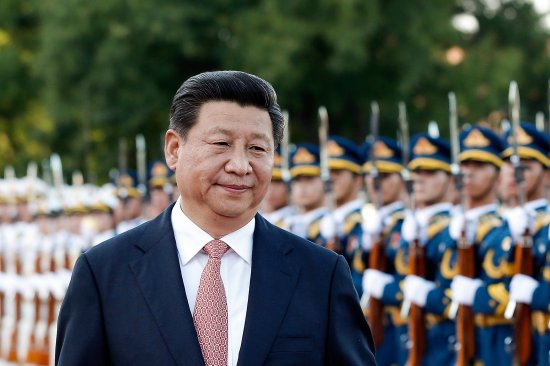
Heir of Mao
Xi Jinping has made himself the most powerful Chinese leader since Mao Zedong. Appointed party general secretary and head of the party’s military-affairs commission, he has added the chairmanships of important new committees on the economy and national security. He permits a cult of personality, with songs written to “Uncle” Xi, and a book of his writings on governance is being distributed widely at home and abroad. He has terrified party members with a relentless anticorruption campaign, to the apparent delight of the man in the street. Less pleasing have been the arrests of rights lawyers, his clampdown on the press and the assaults on Christian churches. Xi’s “China Dream” is a national renaissance that includes occupying islands in the South China Sea, regardless of the claims of other nearby countries, and the creation of major new international institutions under Chinese leadership. If he can cope better with the projected reform of the economy and retain the confidence of the military, President Xi will loom ever larger on the world scene.
MacFarquhar is a research professor of government at Harvard University